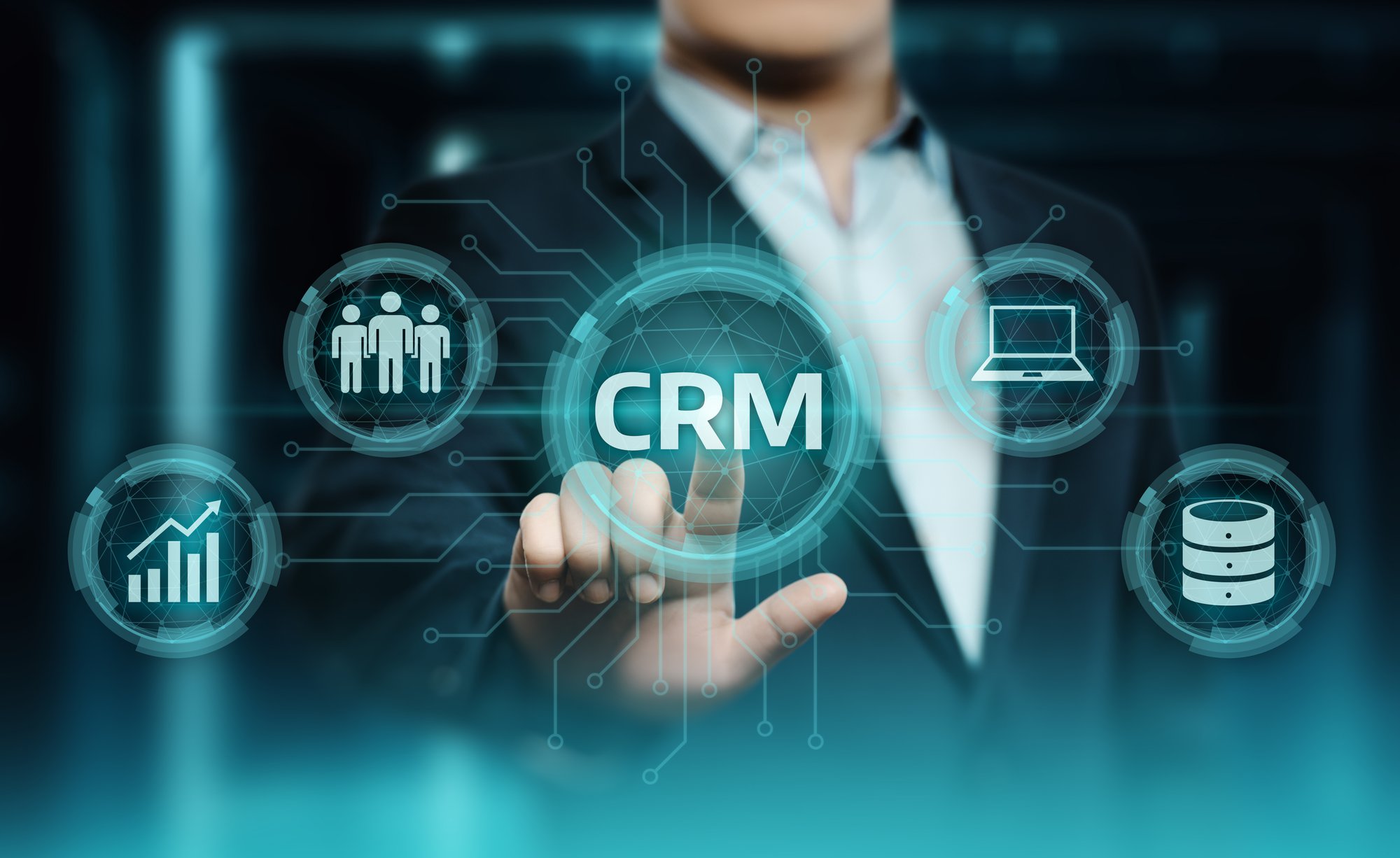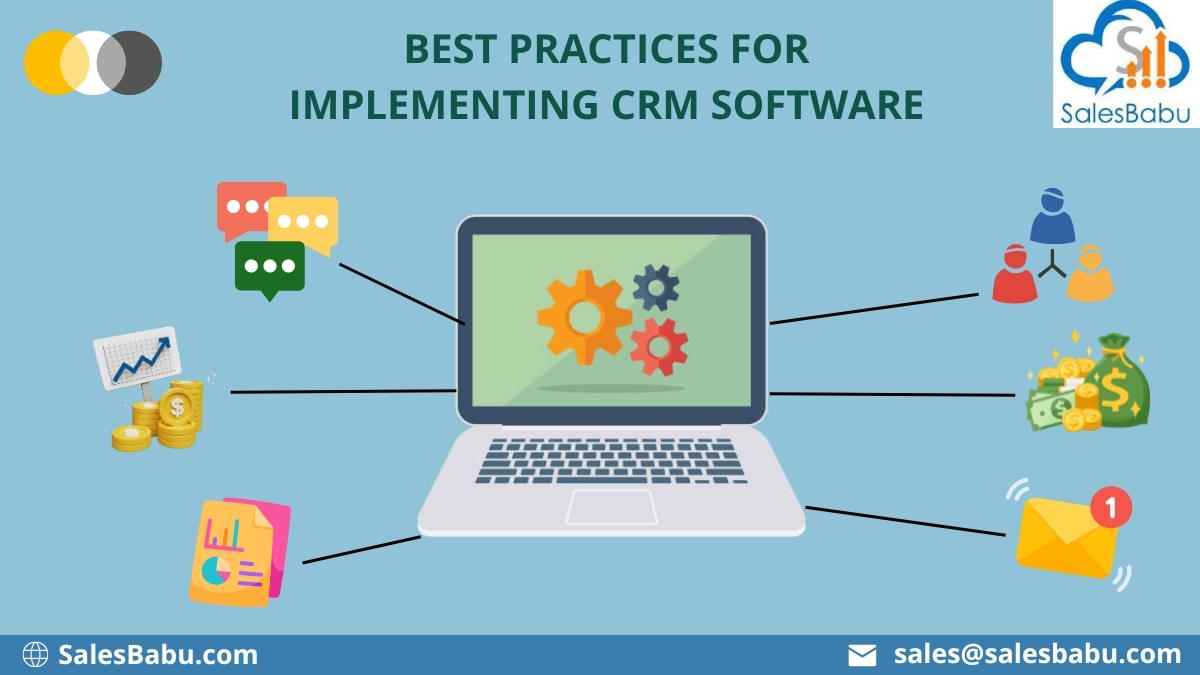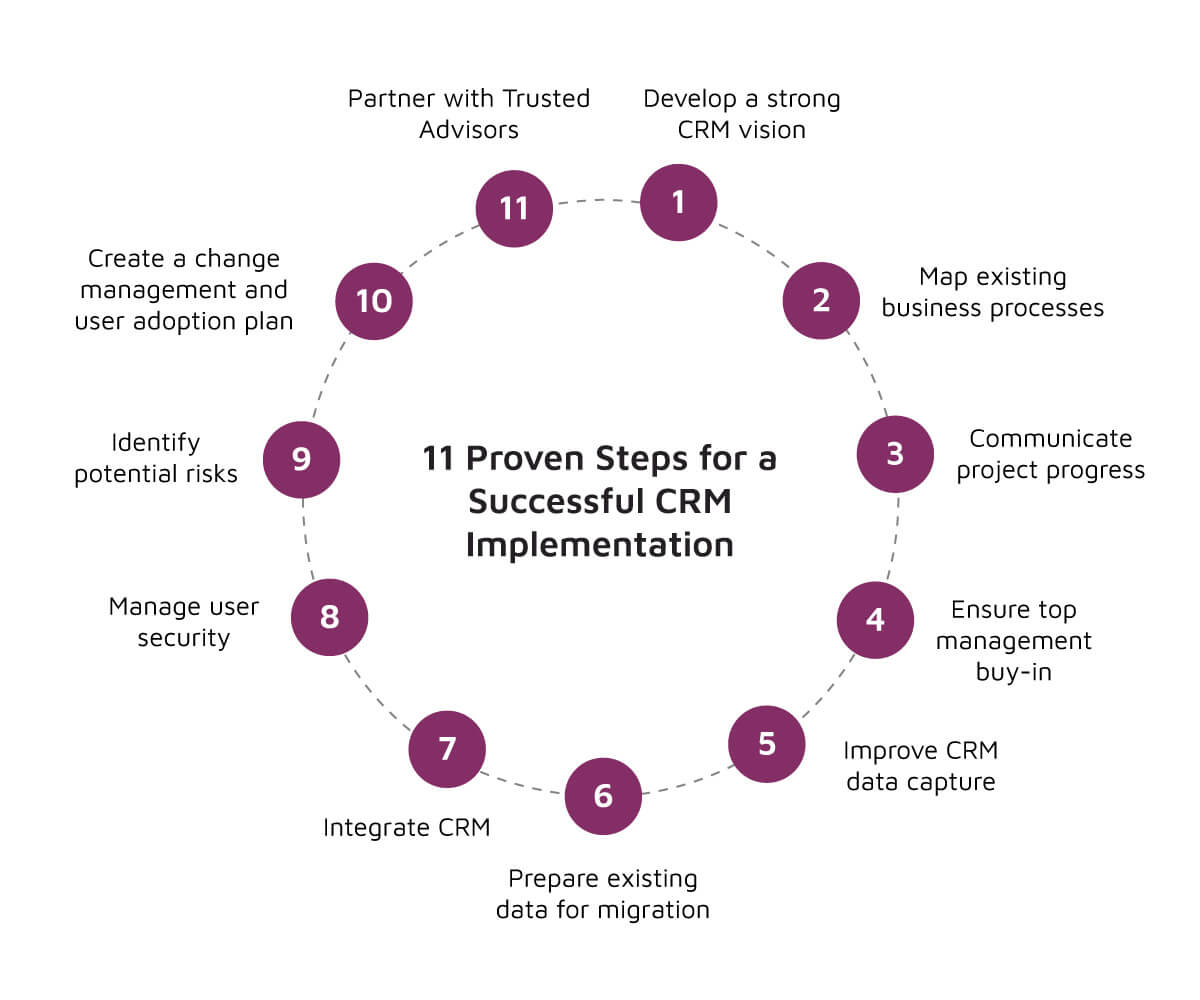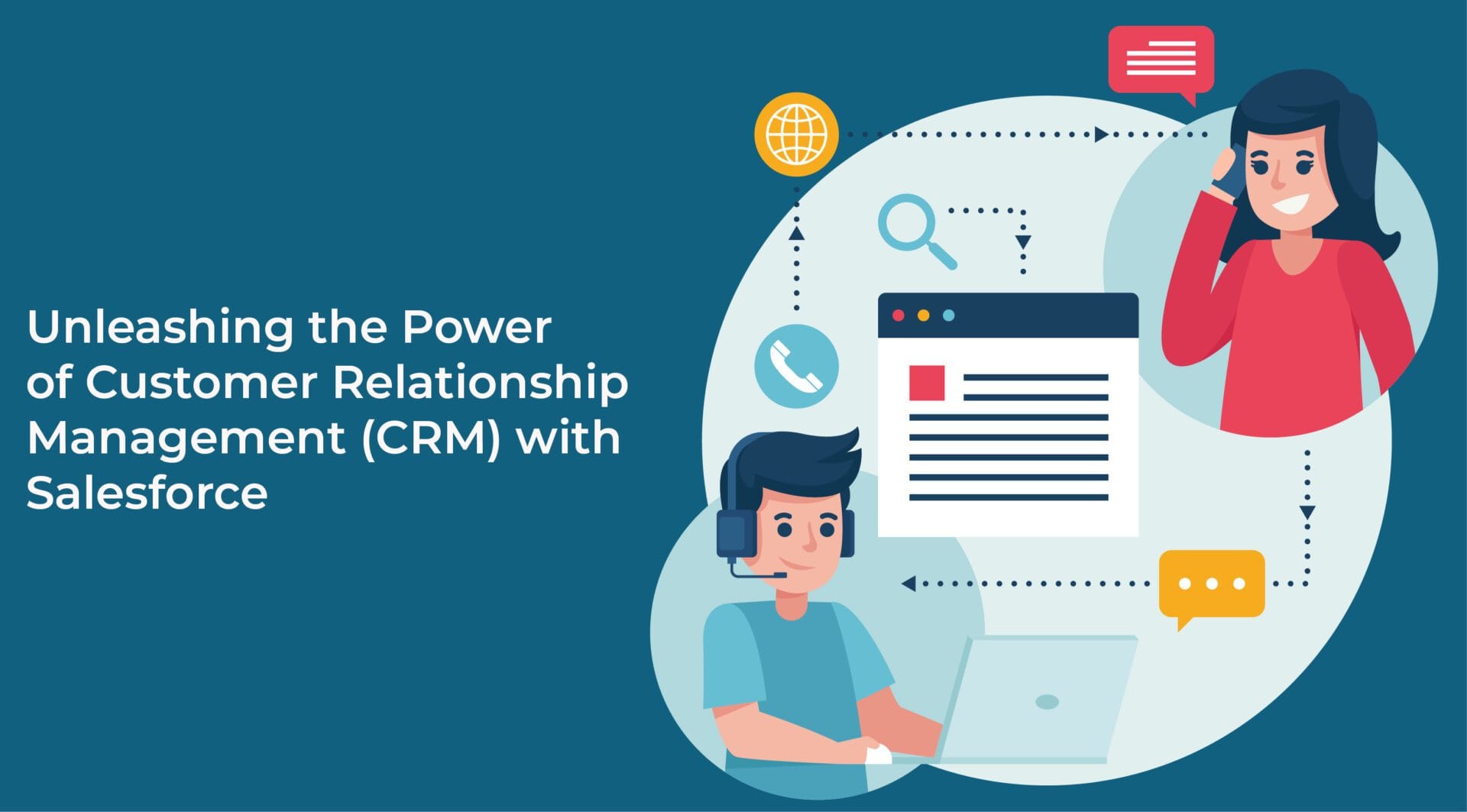In today’s fast-paced business world, managing customer relationships is more crucial than ever. With the rise of digital transformation, companies are looking for effective ways to streamline their sales, marketing, and customer service operations. This is where Enterprise CRM (Customer Relationship Management) software comes into play. In this article, we will delve into the world of enterprise CRM software, exploring its benefits, features, and functionalities.

What is Enterprise CRM Software?
Enterprise CRM software is a type of software designed to help large organizations manage their customer interactions and relationships across various channels and touchpoints. It is a comprehensive platform that enables companies to collect, store, and analyze customer data, providing valuable insights to improve customer experiences, enhance sales, and increase revenue.
Benefits of Enterprise CRM Software
Implementing an enterprise CRM system can have a significant impact on a company’s bottom line. Some of the key benefits include:
- Improved Customer Experience: Enterprise CRM software enables companies to provide personalized and responsive customer service, leading to increased customer satisfaction and loyalty.
- Increased Sales: By analyzing customer data and behavior, sales teams can identify new sales opportunities and tailor their pitches to meet customer needs.
- Enhanced Collaboration: Enterprise CRM software facilitates communication and collaboration among teams, ensuring that all stakeholders are aligned and working towards common goals.
- Data-Driven Decision Making: With real-time analytics and reporting, companies can make informed decisions based on data, rather than relying on intuition or guesswork.
- Reduced Costs: Automating manual processes and streamlining operations can lead to significant cost savings and improved efficiency.
Features of Enterprise CRM Software
A robust enterprise CRM system should include a range of features to support sales, marketing, and customer service teams. Some of the key features to look for include:
- Contact Management: The ability to store and manage customer contact information, including names, addresses, phone numbers, and email addresses.
- Sales Force Automation: Tools to automate sales processes, such as lead tracking, opportunity management, and sales forecasting.
- Marketing Automation: Features to automate marketing campaigns, including email marketing, social media management, and lead nurturing.
- Customer Service and Support: Tools to manage customer service requests, including ticketing systems, knowledge bases, and chatbots.
- Analytics and Reporting: Real-time analytics and reporting capabilities to provide insights into customer behavior, sales performance, and marketing effectiveness.
- Integration: The ability to integrate with other business systems, such as ERP, accounting, and e-commerce platforms.
Types of Enterprise CRM Software
There are several types of enterprise CRM software available, including:
- On-Premise CRM: Traditional, on-premise CRM systems that are installed and maintained on a company’s own servers.
- Cloud-Based CRM: Cloud-based CRM systems that are hosted and maintained by the vendor, providing greater flexibility and scalability.
- Hybrid CRM: A combination of on-premise and cloud-based CRM systems, offering the benefits of both.
- Open-Source CRM: Open-source CRM systems that are free to use and customize, with a community-driven development approach.
Choosing the Right Enterprise CRM Software
With so many options available, choosing the right enterprise CRM software can be a daunting task. Here are some factors to consider:
- Scalability: Will the system grow with your business, or will it become outdated and inflexible?
- Customization: Can the system be tailored to meet your specific business needs and requirements?
- Integration: Will the system integrate with your existing business systems and tools?
- Security: How secure is the system, and what measures are in place to protect customer data?
- Support: What level of support and training is provided by the vendor, and what are the costs associated with implementation and maintenance?
Implementation and Deployment
Implementing an enterprise CRM system requires careful planning and execution. Here are some steps to follow:
- Define Business Requirements: Identify the key business needs and requirements that the CRM system must meet.
- Choose a Vendor: Select a reputable vendor with a proven track record of delivering successful CRM implementations.
- Configure and Customize: Configure and customize the system to meet your specific business needs and requirements.
- Train and Support: Provide training and support to end-users to ensure a smooth transition and adoption.
- Monitor and Evaluate: Continuously monitor and evaluate the system’s performance, making adjustments and improvements as needed.
FAQs
Q: What is the difference between CRM and ERP?
A: CRM (Customer Relationship Management) software is designed to manage customer interactions and relationships, while ERP (Enterprise Resource Planning) software is designed to manage business operations and resources.
Q: Can I use a CRM system for small businesses?
A: While CRM systems are often associated with large enterprises, there are many CRM solutions available for small businesses, including cloud-based and open-source options.
Q: How much does an enterprise CRM system cost?
A: The cost of an enterprise CRM system can vary widely, depending on the vendor, features, and deployment model. On-premise CRM systems can be more expensive, while cloud-based CRM systems often offer a more affordable subscription-based model.
Q: Can I integrate my CRM system with other business systems?
A: Yes, most CRM systems offer integration capabilities with other business systems, including ERP, accounting, and e-commerce platforms.
Q: What is the role of artificial intelligence in CRM?
A: Artificial intelligence (AI) is playing an increasingly important role in CRM, enabling companies to analyze customer data, predict behavior, and provide personalized recommendations.
Conclusion
In conclusion, enterprise CRM software is a powerful tool for companies looking to streamline their sales, marketing, and customer service operations. By providing a single, unified platform for managing customer interactions and relationships, enterprise CRM software can help companies improve customer experiences, increase sales, and reduce costs. When choosing an enterprise CRM system, it’s essential to consider factors such as scalability, customization, integration, security, and support. With the right CRM system in place, companies can unlock the full potential of their customer relationships and drive business growth and success.
Closure
Thus, we hope this article has provided valuable insights into The Ultimate Guide to Enterprise CRM Software. We hope you find this article informative and beneficial. See you in our next article!


